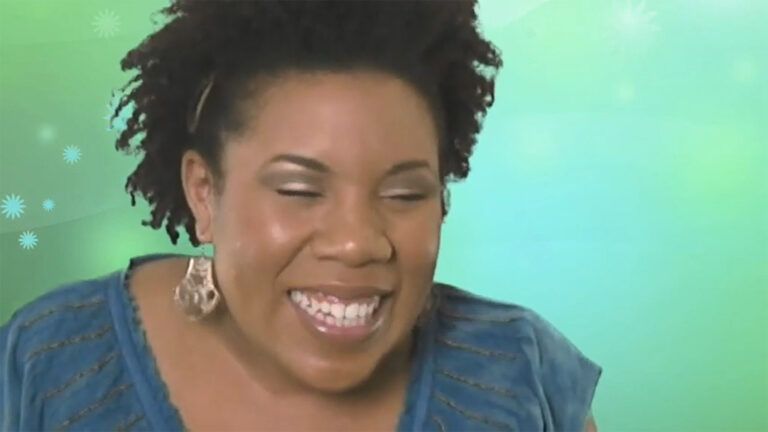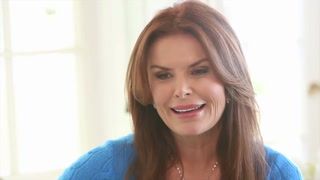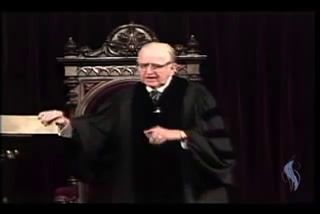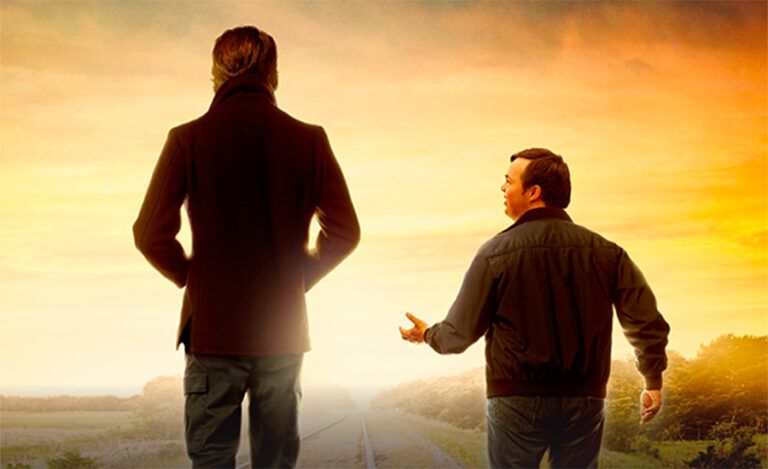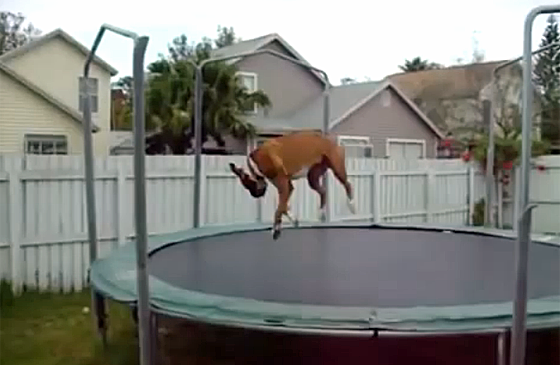
ESPN’s Lauren Sisler on Facing the Truth About Her Parents’ Deaths
In our exclusive video, the ESPN broadcaster shares how acknowledging her parents’ addictions allowed her to come to terms with their deaths.
View Transcript
My name is Lauren Sisler. I am a sideline reporter for ESPN, as well al.com, covering primarily the SEC. I’ve had the opportunity and privilege to work on the show “SEC Nation,” the traveling pre-game show on Saturdays that you’ll see with Tim Tebow, Paul Finebaum, Laura Rutledge, and Marcus Spears. It’s always a lot of fun.
My “Guideposts” story in the June and July issue is about when I was a gymnast at Rutgers at 18 years old and tragically lost both of my parents to prescription drug overdoses within just a few hours of each other. So both of my parents had been experiencing chronic pain. My mom had been diagnosed with degenerative disc disease, and my father had chronic back pain. My mom was going to a doctor for various surgeries. She had a couple of neck fusions, carpal tunnel, some things that led her to need opiate drugs to help her cope with the pain.
Same thing with my father, who also experienced post-traumatic stress disorder from his service in the military. So both of them going to a pain management doctor in Roanoke, Virginia. And unfortunately, over the course of a few years, they started to abuse that medication. It became part of their livelihood. They woke up everyday with a smile on their faces. But in order to function and have a sense of normalcy, they needed this medication to try to help them cope and get through their day to day lives.
The medication, what it started out with first was OxyContin. And that’s an opiate drug. And then it eventually escalated to fentanyl. And fentanyl is something that is typically given to terminally ill patients. It’s a type of morphine in a time-release patch, and neither one of my parents were terminally ill. And so I think that was probably the most shocking part, is to learn that they were abusing this medication because of this deep need for it for them to be able to function and really be a normal part of society.
And I think that was probably the scariest part, and really the most tragic part of this whole thing, is on the outside, everything seemed fine. It was tough telling people what had happened to my parents. And I think the biggest reason, is because I wasn’t honest with how they passed away. I was so ashamed of knowing that both of them had overdosed on prescription drugs.
Because I think the perception of what it means to be a drug addict is there’s such a stigma that surrounds it, and people have this perception and this vision of what that person looks like and who they are and where they came from. And I felt that my parents’ legacy was bound in my hands. And I didn’t want their legacy to be destroyed because of the truth of how they passed away.
What I’ve finally learned is that they weren’t defined by how they died, but how they lived. And when I started to tell people what had happened versus this sugar-coated story where I would say, oh, my mom died of respiratory failure, my dad died of heartbreak. Well, yeah, my mom died of respiratory failure, but it was because she took medication, took too much of the medication and ultimately overdosed. Same with my father.
Even my best friend seven years later, it took seven years for her to learn how my parents passed away. So as seven years goes by, I finally started to break down those walls and my Aunt Linda was a big part of that as well, in helping break down those walls and say look, you can’t change the opinions of others.
But ultimately, you have to put one foot in front of the other and know that they loved you, they loved you wholeheartedly, and they loved you unconditionally. And it doesn’t change the way they lived their lives. And I found that when I started speaking their truth, people embraced me and my brother and my family even more.
Everybody can be impacted by addiction. Addiction does not discriminate. Does not matter where you grew up, the family you grew in, the amount of money you make, the car you drive, none of that matters. And that’s what I started to learn, is that my parents are no different than perhaps the homeless man living under the bridge shooting up heroin. Because at the end of the day, everybody starts somewhere. And it’s a progression. It does not happen overnight.
And ultimately, that’s what happened to my parents. And my goal is to help people to realize that this is happening right in front of you and there’s an element of prevention, but there’s also an element of hope and recovery. Faith is really something that helped me to get through this tragedy, and to ultimately lift my eyes and with my spirit and realize that I can do something to maybe help others. And this was not all in vain.
You know, I spent so many years going through the stages of grief. You know, the anger, and how could this happen? How could my parents let this happen, and this progression happen with this addiction? But ultimately what I realized is that their tragedy can also be someone else’s hope. But maybe in sharing their story and getting the word out and helping people to realize that this thing is out there, it’s an epidemic that they can get help and they too can get in front of it and hopefully prevent this from happening to one of their loved ones and family members.
I would say prayer was a big part of that. I grew up going to church every Sunday. I grew up sharing different Bible verses and different things in my family. Before every gymnastics meet, we would sit down and read various Bible verses and those little cards that you get at Hallmark where you could, different sayings on them, different Bible verses and quotes. And my very favorite was, footprints in the sand.
And I always knew when I would read that poem with my mom and my dad, that when you’re down, God will be there to carry you. And that’s something that’s always stuck in my heart. And I shared that faith with both of my parents. Not a night went by that I didn’t yell at my dad to come upstairs and come tuck me in, Dad. Even when I was 18 years old going off to college, he was there to tuck me in. And we would always there our prayers before bedtime.
And I just think that’s something that really kept me strong. And even though I went through those phases and went through kind of an identity crisis and really not sure where my life was going, I know that with my faith and my faith in God, that he was able to pick me up and carry me through that time and that’s why I’m here today.
I think sharing the truth has been something that has given me my own level of empowerment. And my ability to go out there, and when I speak to people about what happened to my parents, when I speak about them right now, I feel like they’re in this room applauding me and really lifting me up, and telling me, hey, it’s OK. This happened to us, but we don’t want this to happen to anybody else.


